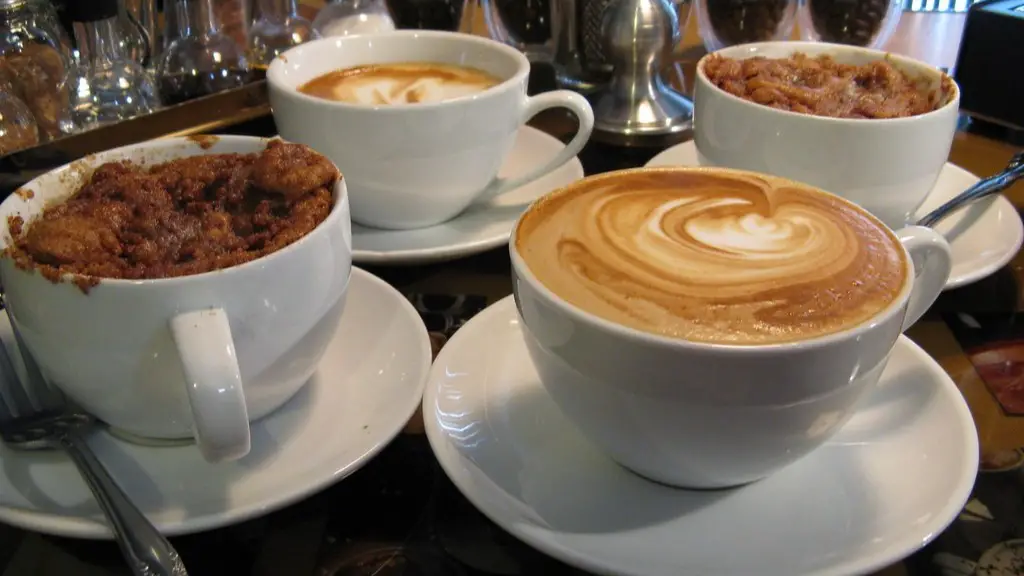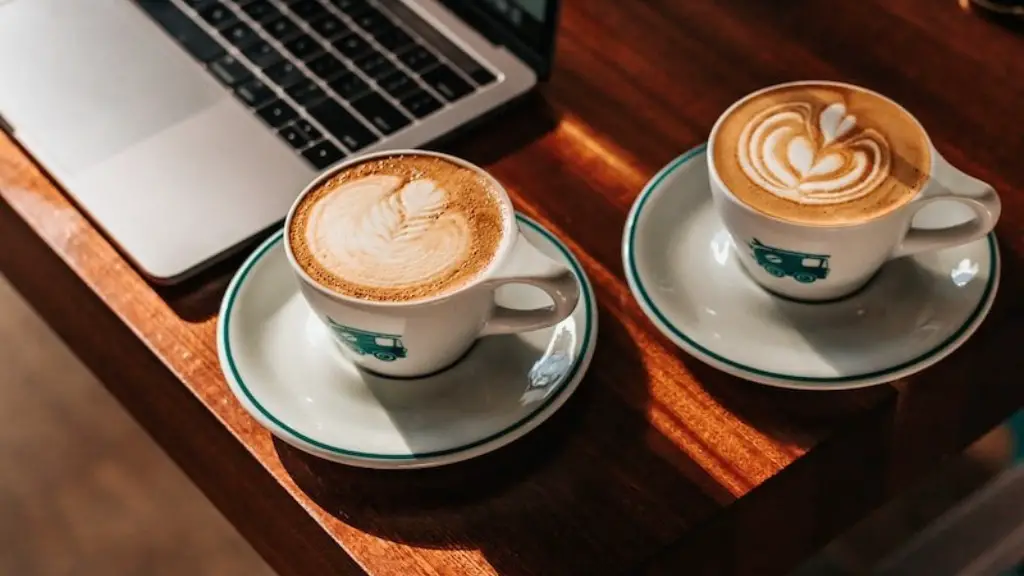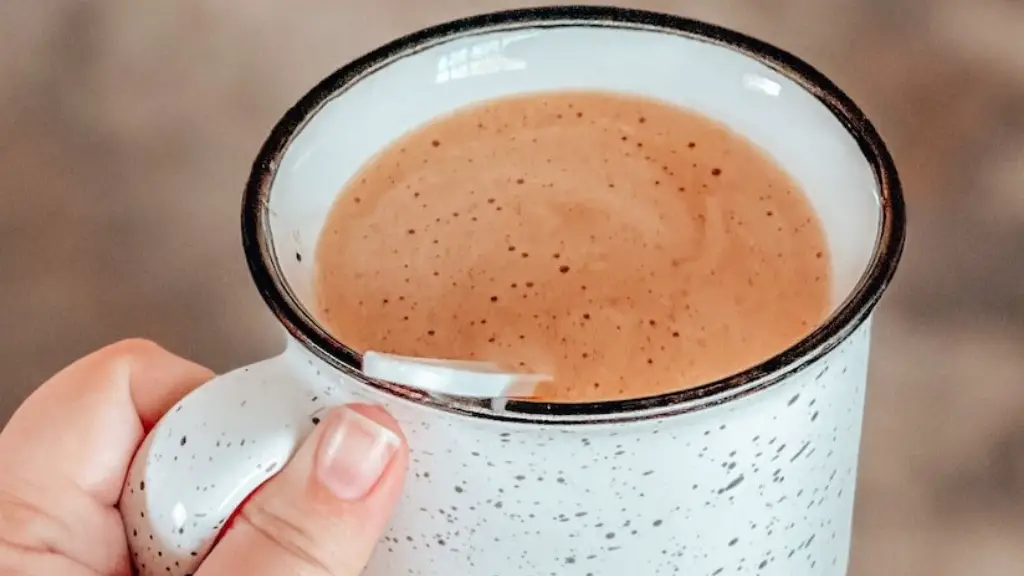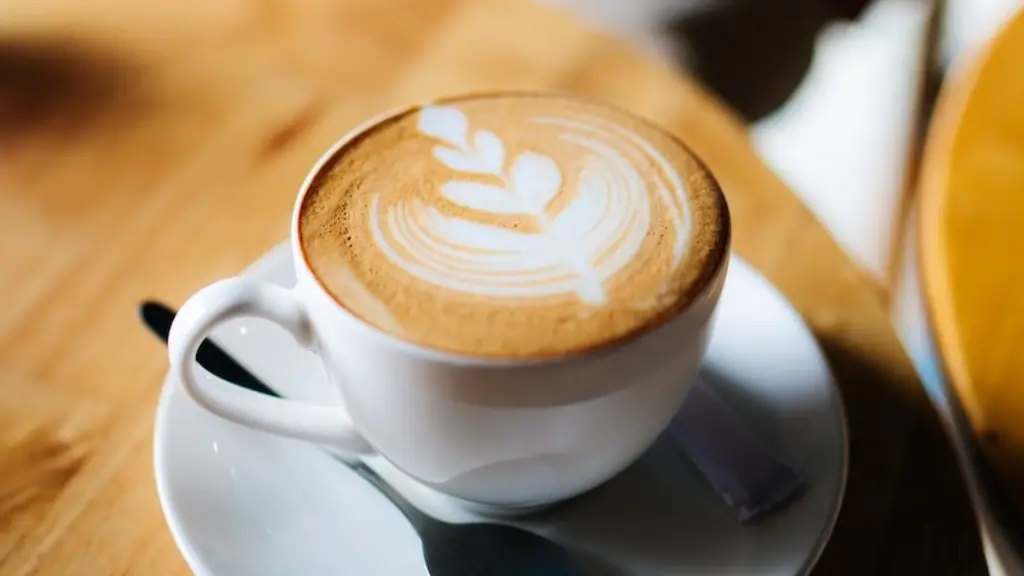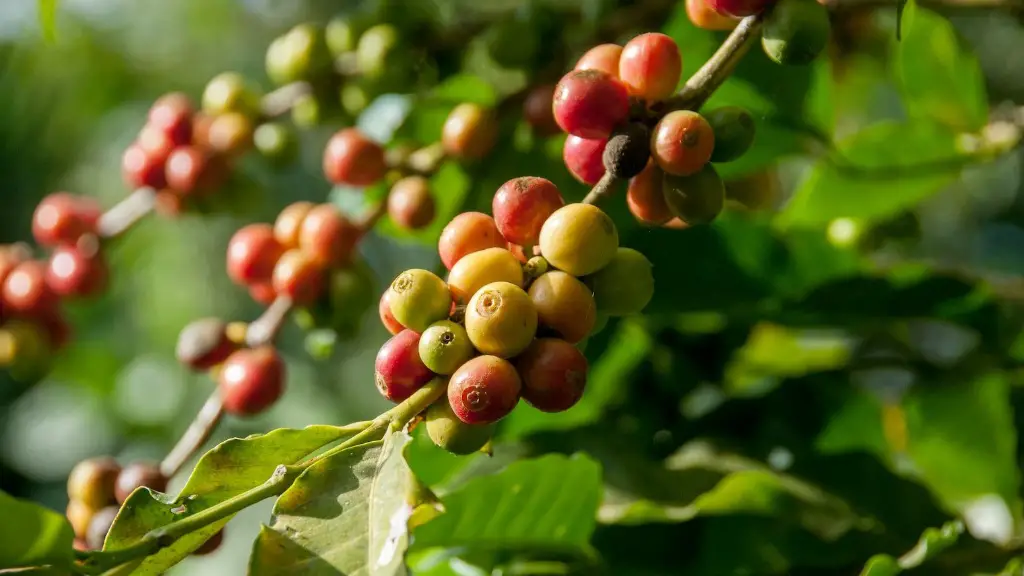Overview
When it comes to post-tooth extraction care, coffee is a somewhat controversial topic. Since coffee can stain teeth, many patients worry that drinking it shortly after an extraction could compromise healing and cause further damage. But while it’s important to exercise caution, there are definite instances in which coffee can be enjoyed post-extraction.
It’s important to understand what goes on in your mouth during a tooth extraction and which factors can either help or hinder the healing process afterwards. Coffee has a few possible effects on post-extraction recovery—some of which can be beneficial. The answer to the question ‘when can I drink hot coffee after tooth extraction?’ varies depending on the individual, but there are a few general guidelines that can help you get back to your regular routine.
Immediate Recovery and Recovery Time
During tooth extraction, your dentist will remove the entire tooth—including the roots—and then stitch the gums shut. As a result, the gums may be sensitive, tender and swollen for several days after the procedure. The recovery from a tooth extraction typically takes around one to two weeks. During this time, it’s important to practice good oral hygiene, take antibiotics and painkillers if necessary, and avoid eating extremely hot foods and drinks.
Generally speaking, you have to be patient and wait at least 48 hours before drinking any hot liquids, including coffee, after a tooth extraction. During this period, use an ice pack after the procedure to relieve any swellings and stick to cold drinks to reduce any pain or discomfort. After 48 hours, you may sip cold or room temperature coffee but should still avoid anything that’s too hot.
Hot Coffee and Healing
After the initial 48 hours, you can gradually introduce hot coffee back into your routine. Once the swelling has gone down and it no longer hurts when you drink hot fluids, you can start to enjoy your cup of joe. The exact timing for everyone is different, but it is usually within the two-week recovery period.
Still, drinking hot coffee, or any other hot liquids, can interfere with the healing process. If you want to promote the fastest healing rate, choose beverages that are cool or lukewarm instead of steaming hot—they’ll be gentler on your gums and provide some of the same comforting benefits.
Experts recommend avoiding the use of a straw after a tooth extraction. The suction pressure when using a straw can pull on the wound, putting you at risk of a dry socket, an infection in the empty tooth socket that’s very painful and takes longer to heal. So opt for a mug or cup instead and sip carefully.
Coffee Stain, Oral Health and Anti-Inflammatory Effects
It’s true that coffee can stain the surface of your teeth, but the effects on the jagged edges along the gum line—which may be visible in the days following a tooth extraction—can be minimized with proper dental hygiene.
The effects of hot coffee can also be beneficial, this because it can soothe your throat and contain natural anti-inflammatory compounds.
For example, some research suggests that polyphenols, which are abundant in coffee, may help neutralize inflammation associated with periodontal disease. While this doesn’t apply directly to post-extraction healing, drinking hot coffee in moderation can provide helpful benefits for overall oral health.
Avoid Bacterial Growth and Infections
It’s easy to forget to practice good oral hygiene while recovering from a tooth extraction but it’s more important than ever. Bacteria can accumulate in your mouth and lead to infection, so make sure to brush your teeth regularly and rinse with lukewarm salt water. If you’re worried about coffee staining your teeth, then rinsing your mouth with water after drinking can help minimize any stains.
If you experience any excessive bleeding, pain, or additional swelling after a tooth extraction, contact your dentist immediately to make sure it’s not a sign of infection. If you notice discoloration, persistent bad breath, or an unpleasant taste in your mouth, you should also seek medical advice.
Conclusion and Summary
Consuming hot coffee after a tooth extraction may not be ideal for everyone, and it’s important to exercise caution. However, if you take the right precautions and you wait until the swelling in your gums has gone down, drinking hot coffee is perfectly fine. Most importantly, make sure to maintain good oral hygiene in order to prevent any bacteria buildup and enjoy a speedy recovery.
Additional Sections
Liquid Diet
After a tooth extraction, it’s important to follow your dentist’s instructions in relation to resuming your usual eating habits. For the first 48 hours, it’s recommended that you stick to a liquid diet. This should include broth, smoothies, soups and nutrient-dense drinks—not milkshakes or coffee with lots of added sugar.
Once you start to feel better after the initial recovery period, you can gradually upgrade to soft foods. Over time you can return to your regular eating habits, but be careful when eating solid foods after a tooth extraction to avoid irritating the wound.
Precautions
While drinking hot coffee after a tooth extraction is generally fine, it’s important to take certain precautions. If you choose to consume hot coffee, always test it with your tongue to ensure it is not too hot. Excessive heat can irritate the wound and slow the healing process.
Also, when deciding when to resume your regular coffee habits, bear in mind that smoking, drinking alcohol and taking certain medications, such as ibuprofen and aspirin, can increase your chances of getting a dry socket. Make sure to examine your habits and make further decisions with the help of your dentist.
Oral Hygiene
Oral hygiene during post-extraction recovery is key. Make sure to brush twice a day with a soft-bristled brush and fluoride toothpaste. Then rinse with an antiseptic mouthwash as it is effective against bacteria, as well as sugars that promote bacteria growth.
Flossing and irrigating your mouth with an antiseptic solution after a meal can also be helpful. These practices can help prevent bad breath and reduce your chances of getting cavities in the empty socket, which may happen if food debris and bacteria collect in the cavity.
Foods to Avoid
Foods that are acidic, spicy, hard and/or chewy should generally be avoided after a tooth extraction. Additionally, limit consumption of sugary snacks, sweets and junk food. These foods can stick to the surgically-repaired area and increase the chances of getting an infection.
Staying hydrated is also important. Drink lots of cool water and avoid any carbonated or sugary drinks. Solid foods should be broken down to smaller pieces and eaten absolutely slowly. Chew on the opposite side of your mouth and modify your diet as much as possible until you fully recover.

